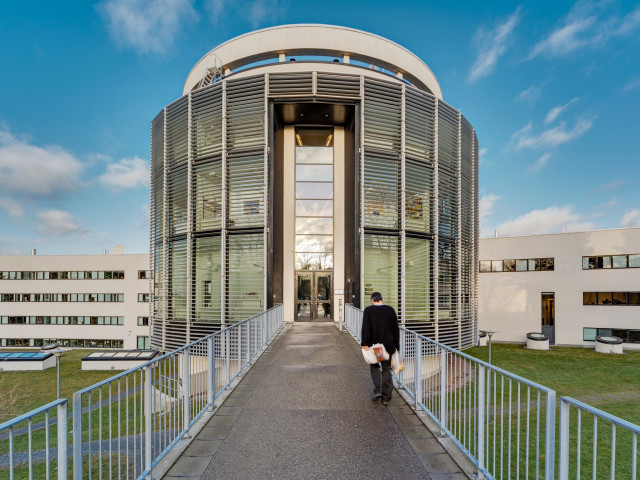Analytical mechanics: Lagrangian formalism and equations of motion, Noether's theorem in Lagrangian formalism, effective potentials, applications. Hamiltonian formalism and equations of motion, Poisson brackets, canonical transformations, Noether's theorem in Hamiltonian formalism.
Mathematical tools: Introduction to group theory and differential geometry. Symplectic geometry.
Physical applications: Examples in non-relativistic and relativistic mechanics.
Classical field theory: Strings and membranes. The Klein-Gordon field. Maxwell's equations.
